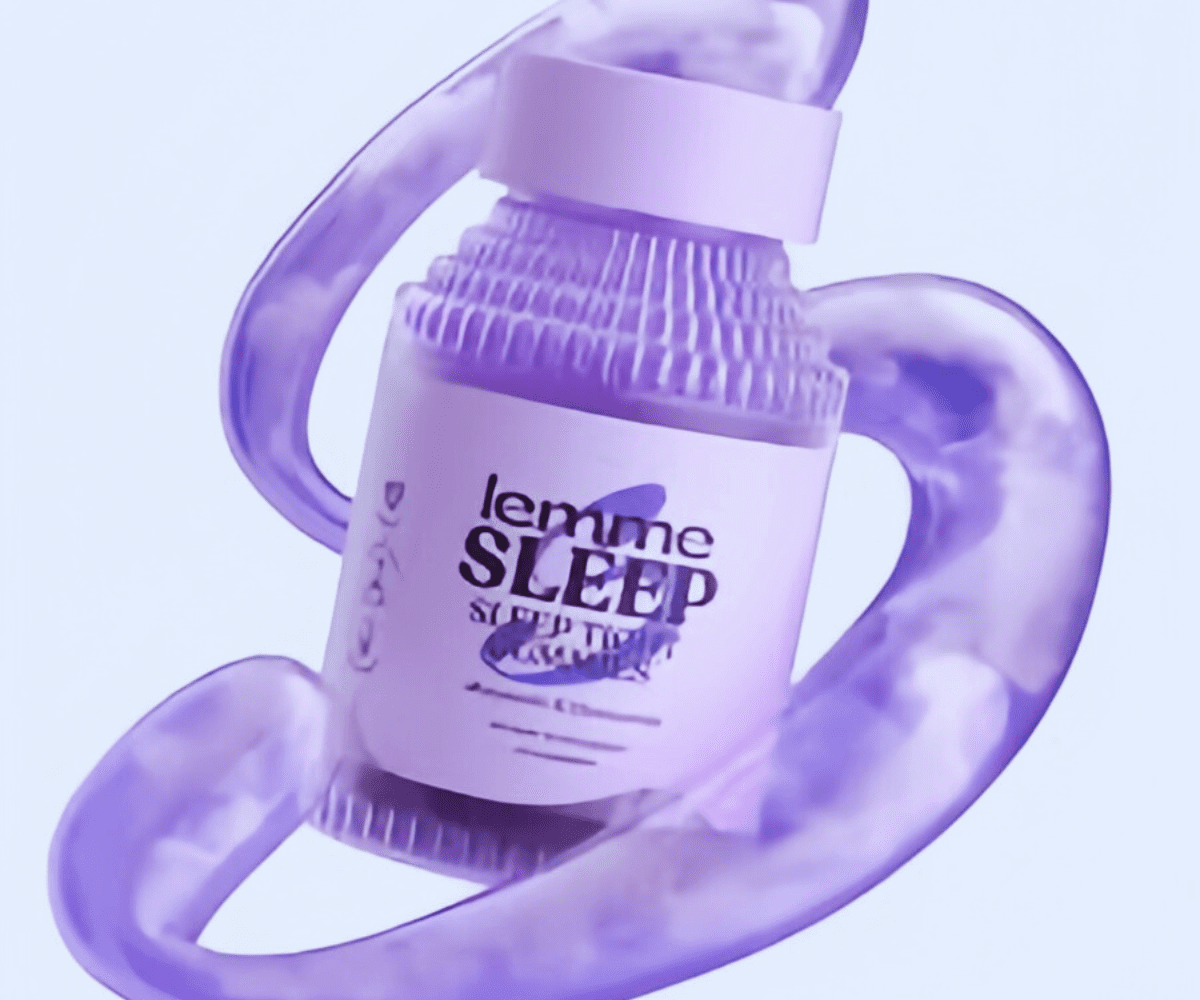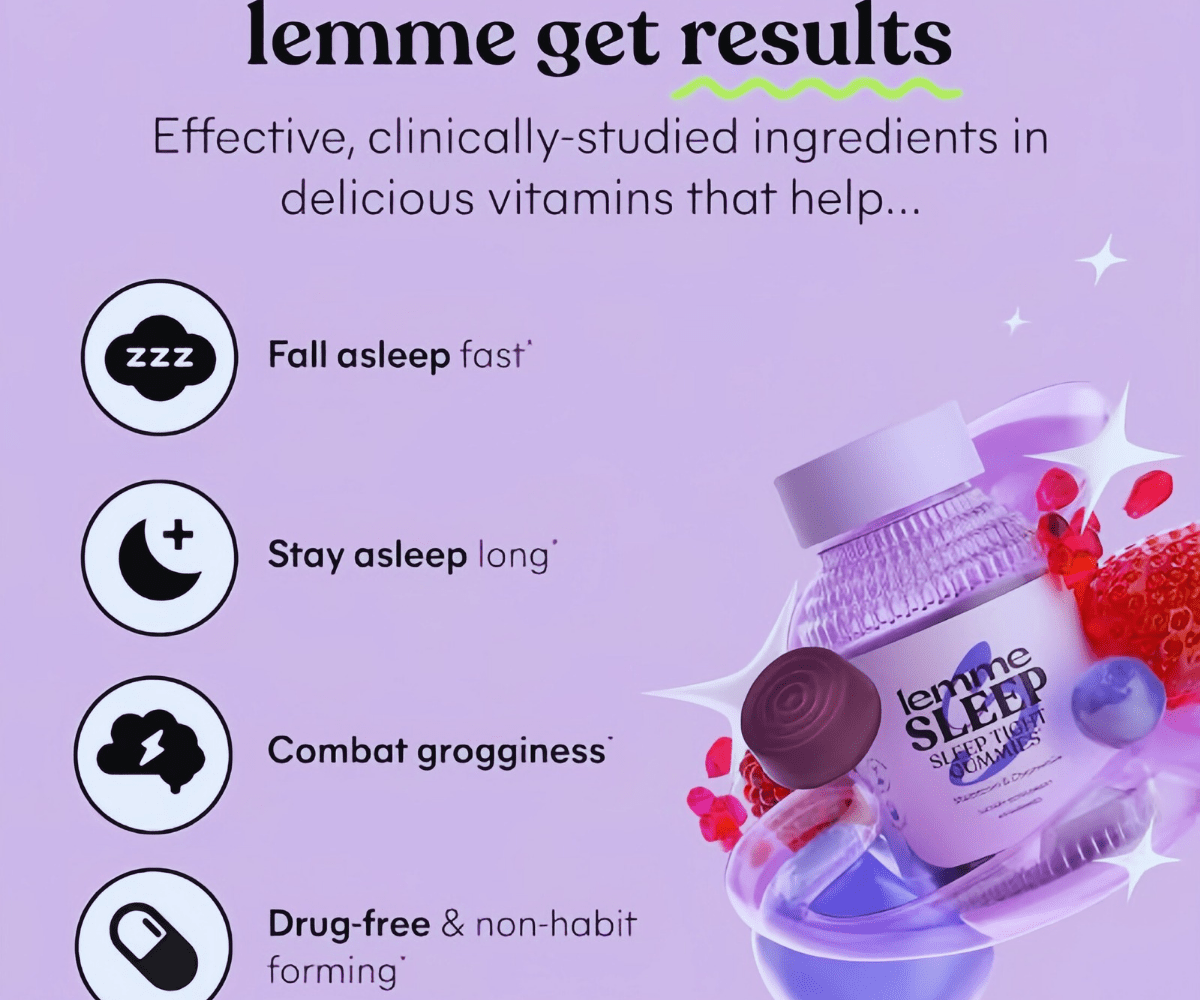Sleep is a fundamental aspect of our lives that plays a crucial role in our overall well-being. It’s a natural process that allows our bodies and minds to rest, recharge, and rejuvenate. In today’s busy world, lots of people have trouble getting good sleep. This can cause health problems and make us less productive. In this guide, we’ll talk all about sleep: why it’s important, what happens if we don’t get enough, and easy ways to sleep better.


The Importance of Sleep
Sleeping isn’t just lying down doing nothing; it’s an important and active process that affects everything about how we feel and function. While we sleep, our bodies do important things to keep us healthy and feeling good. Here are some reasons why sleep is so important:
Physical Health
Sleep plays a vital role in maintaining our physical health. It helps to repair and regenerate tissues, strengthen our immune system, and regulate hormones that control various bodily functions, such as appetite, metabolism, and growth.
Cognitive Function
Sleep is crucial for cognitive function, including memory, learning, problem-solving, and decision-making. During sleep, our brains consolidate and process information, enabling us to form new memories and learn more effectively.
Emotional Well-being
Adequate sleep is essential for emotional regulation and mental health. Lack of sleep can contribute to increased stress, anxiety, and mood disorders, such as depression.
Safety
Sleep deprivation can significantly impair our ability to function, increasing the risk of accidents and injuries. Drowsy driving, for example, is a major contributor to traffic accidents and fatalities.
Sleep Deprivation: The Hidden Dangers
While the importance of sleep is well-established, many people still struggle to get enough quality sleep. Sleep deprivation, whether acute (short-term) or chronic (long-term), can have serious consequences for our physical, cognitive, and emotional well-being. Here are some of the potential dangers of sleep deprivation:
Impaired Cognitive Function
Lack of sleep can impair our ability to concentrate, learn, and retain information, leading to decreased productivity and poor decision-making.
More likely to have accidents
Not getting enough sleep can make us react slower, make bad decisions, and not be as alert. This makes accidents more likely, whether we’re driving or working.
Health problems
Not getting enough sleep for a long time can cause a lot of health issues, like being higher weight, having diabetes, heart problems, and getting sick more easily.
Mental health worries
Not sleeping well can make mental health problems worse or even cause them. This includes feeling really sad, anxious, or having mood swings.
Not living life to the fullest
Not getting enough sleep can make life less enjoyable. We might feel tired all the time, lack motivation, and not have as much fun doing things we like.
Sleep Hygiene: Improving Your Sleep Quality
Luckily, there are lots of simple things you can do to sleep better and beat sleep problems. Building good habits for sleep hygiene can really help you sleep well. Here are some effective tips for better sleep:
Establish a Consistent Sleep Schedule
Our bodies thrive on routine. Aim to go to bed and wake up at the same time every day, even on weekends. This consistency helps regulate your body’s internal clock and promotes better sleep.
Make a Good Place for Sleep
Make your bedroom nice for sleeping by keeping it cool, dark, and quiet. Get a comfy mattress and pillows, and think about using curtains that block light or a mask for your eyes.
Create a Calming Nighttime Routine
Do relaxing things before bed like taking a warm bath, reading, or doing gentle stretches or meditation. These activities can help signal to your body that it’s time to wind down and prepare for sleep.
Cut down on using screens before bed
Phones, tablets, and computers emit blue light that can stop your body from making melatonin, the sleep hormone. Avoid using these devices for at least an hour before bedtime.
Stay Active and Exercise Regularly
Regular physical activity can improve sleep quality and duration. However, avoid intense exercise close to bedtime, as it can be stimulating and make it harder to fall asleep.
Manage Stress and Anxiety
Stress and anxiety can significantly interfere with sleep. Practice relaxation techniques, such as deep breathing exercises, meditation, or yoga, to help calm your mind and reduce stress before bedtime.
Stay away from coffee and alcohol before bed. Coffee wakes you up, so it’s better not to drink it in the afternoon or evening. Alcohol might make you sleepy at first, but it can mess up your sleep later, making it not so good.
Think about getting help from a doctor
If you’ve tried different things to sleep better and still have trouble, talking to a healthcare expert could help. They can figure out if there’s anything medical or psychological causing your sleep issues and help you fix them.


Conclusion
Sleep is a vital aspect of our overall health and well-being. When we realize how important sleep is and how bad it is if we don’t get enough, we can do things to make sure we sleep well. Doing things like going to bed and waking up at the same time every day, making our bedroom good for sleeping, and finding ways to relax can make our sleep better and make our life better overall. Don’t forget, getting enough sleep isn’t just nice to have, it’s really important for our body, brain, and feelings.
FAQs
How much sleep do adults need?
Most adults need between 7 and 9 hours of sleep per night for optimal health and functioning. However, individual sleep needs may vary based on factors such as age, activity level, and overall health.
Is it possible to catch up on lost sleep?
While it’s possible to make up for some lost sleep by getting extra sleep on subsequent nights or taking naps, it’s generally not advisable to rely on “catching up” on sleep. Maintaining a consistent sleep schedule is more effective for overall sleep health.
Can napping be beneficial?
Yes, napping can be beneficial if done correctly. Short power naps of 20-30 minutes can boost alertness, mood, and cognitive performance without leaving you feeling groggy. However, longer naps or napping too late in the day can interfere with your nighttime sleep.
What are the signs of sleep deprivation?
When you don’t get enough sleep, you might feel tired, grumpy, and have trouble focusing. It can also make you forget things and make mistakes more often.
Can sleep deprivation lead to weight gain?
Sure! Not getting enough sleep a lot can make you more likely to and become higher weight person. When you don’t sleep well, it messes up the hormones that control how hungry you feel and how your body uses calories, so you end up eating more.
Is it better to sleep with or without a partner?
The impact of sleeping with a partner can vary from person to person. Some individuals find it easier to sleep with a partner, while others may find it disruptive. It’s important to consider factors such as sleep compatibility, snoring, and personal preferences.
Can sleep medications help with sleep problems?
Sleeping pills can help with short-term sleep issues, like trouble falling or staying asleep. But, it’s important to use them carefully and with a doctor’s advice. They can cause side effects and you might become dependent on them if you use them too much.
What is the relationship between stress and sleep?
Stress and sleep have a bidirectional relationship. Experiencing lots of stress can mess up your sleep, making it hard to sleep well or for long. And not getting enough sleep regularly can make your stress levels go up and make you feel even more anxious and overwhelmed.
Remember, prioritizing sleep is an investment in your overall health and well-being. By following healthy sleep habits and getting support from experts if necessary, you can enjoy better sleep and all the great things it brings.
For more, Click here

